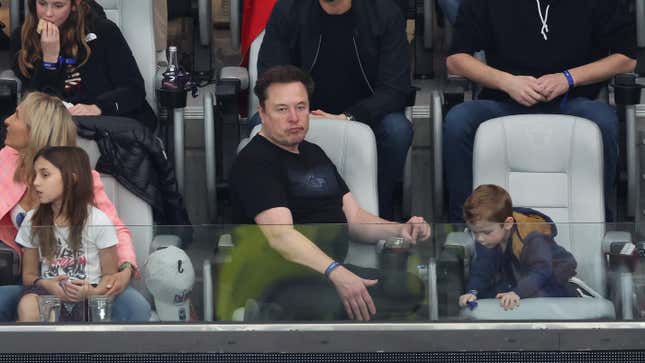
Elon Musk, during his tenure as CEO of Tesla, famously attempted to take the company private with the backing of the Saudi Public Investment Fund — a wealth fund directly controlled by Saudi Arabia’s crown prince Mohammed bin Salman. Yet, it seems Musk no longer thinks such a move is viable or reasonable for electric automakers: The world’s second-richest man took to Twitter yesterday to deride Lucid for its Saudi funding.
Lucid is majority owned by the same Saudi sovereign fund that Musk tried to sell Tesla to — the same fund that still holds a considerable stake in Musk’s Twitter. It seems Musk has no issue working with the Saudi government, so why the animosity towards its investment in his competitor?
Musk’s tone, plus the context of his social network’s crackdown on “sensitive content,” makes it clear his use of “sugar daddy” here is derogatory — he sees Lucid as unable to stand on its own, without the backing of an authoritarian regime. That same regime propped up Tesla during its developmental years, but Musk either doesn’t see or chooses to ignore the parallels. Saudi money for me, not for thee.
There are, of course, myriad reasons to speak ill of companies that accept funding from the Saudi royal family. Saudi Arabia routinely jails human rights advocates, bans them from travel long after their sentences are served, and even commits mass executions for crimes like “disrupting the social fabric and national cohesion” or “in and inciting sit-ins and protest,” according to Amnesty International.
Taking money from a nation that legally requires women obey their husbands — or worse, taking an investment from that country’s leadership in hopes of growing its wealth — is certainly a moral evil. Musk, however, has no leg to stand on when decrying such behavior. He doesn’t seem to oppose the Saudi regime, he’s just upset that they’re backing his competitors.

